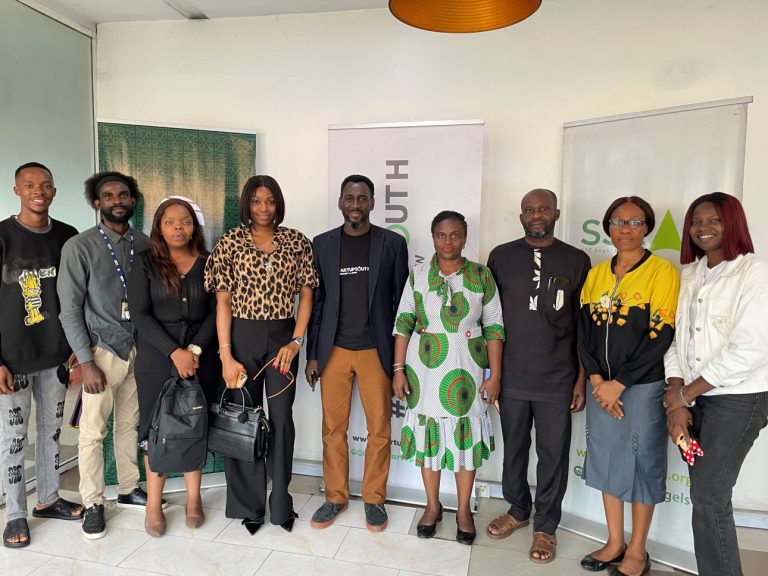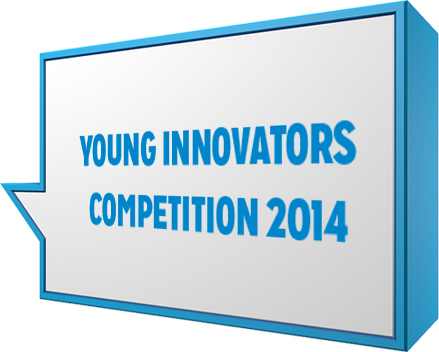Developing Confident Humility: The Secret To Successful Startups

Not everyone has the aptitude to run their own business. It requires a specific type of person—one who possesses both under and overconfidence. You should have faith in your skills, but not to the point where you underprepare or fail to see mistakes coming.
According to Martin Gonzalez and Josh Yellin, the authors of The Bonfire Moment, “the most capable tend toward humility, while the least capable are inflated in their confidence.” CEOs that are overconfident tend to take greater risks, which frequently don’t work out.
But there’s also a problem on the other side. In actuality, underconfidence affects 80% of great achiever founders occasionally. When this occurs, they may pitch below their weight class or set lower goals for themselves.
Confident Humility
A special quality that stands out as the cornerstone of success in the thrilling adventure of entrepreneurship—where every decision bears weight and uncertainty lurks around every corner—is confident humility. This delicate balance between confidence and receptivity to learning is a quality and a principle that may change startup cultures and catapult endeavors to new heights.
Fundamentally, self-assured humility is an attitude that values both conviction and inquiry. It is the understanding that there is always space for improvement and development, even in the face of having knowledge and vision.
The authors are two Google executives who demonstrate the transformational impact of confident humility in action by drawing on their vast experience working with startup teams. The Bonfire Moment, their latest book, emphasizes how to be confidently humble in the high-stakes environment of startups.
The writers advise aiming for “confident humility,” which is the capacity to “accept hard feedback about your strengths and weaknesses while feeling confident in your mission and your team’s ability to achieve it.” Acknowledge and appreciate other people’s accomplishments without taking offense at their intelligence.
Gonzalez and Yellin provide a set of resources for fostering self-assured humility in startup environments. Gonzalez and Yellin provide entrepreneurs with a road map for fostering an environment of transparency, cooperation, and resilience by combining research-backed insights and useful tactics. With techniques ranging from encouraging a development mentality to creating psychological safety, the book gives business owners the resources they need to create teams that flourish in the face of difficulty.
According to C.S. Lewis, those who are modest don’t think less of themselves; rather, they just perceive themselves as less. It’s more about us and less about myself.
Catalyst for innovation and growth
The idea that self-assured humility fosters creativity and development rather than being a sign of weakness is at the heart of the writers’ theory. Startups can leverage the collective intellect of their teams to overcome obstacles and take advantage of opportunities by fostering an environment that values varied viewpoints and welcomes constructive criticism.
Instead of offering universal solutions, Gonzalez and Yellin advise readers to modify their strategy to meet the particular requirements of their groups and companies. Because of its adaptability, it is a useful tool for entrepreneurs at any stage of their business.
“Most startups fail not because of a bad product, poor timing, or mismanaged cash, but because of people problems: conflicts over strategy, decision-making, and team culture,” share Gonzalez and Yellin. The Bonfire Moment layes out a blueprint outlining how to build the right high performance teams for your start up.







